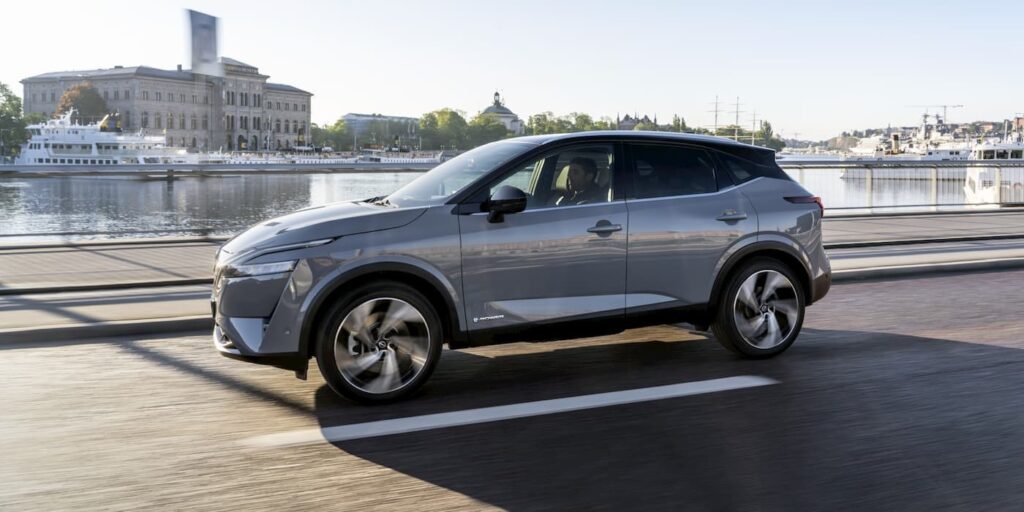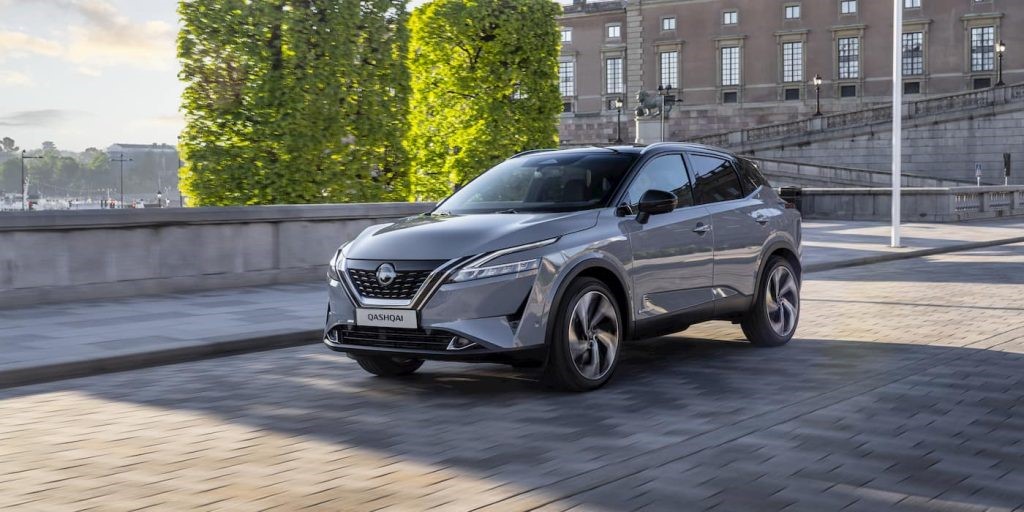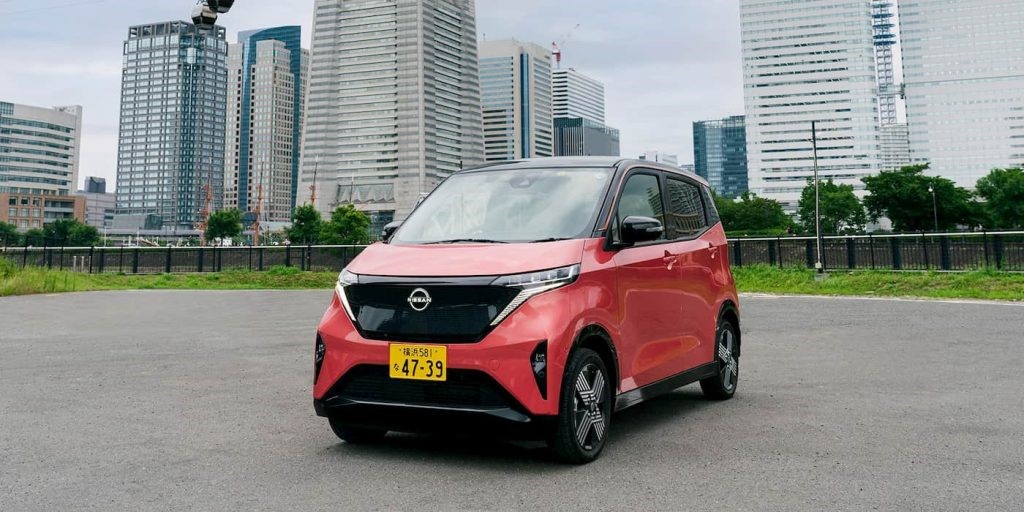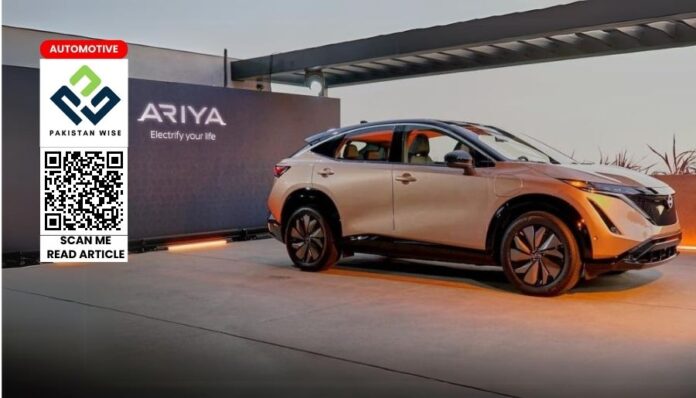Nissan, a frontrunner in automotive innovation, has unveiled a groundbreaking initiative set to transform its acclaimed crossover lineup—the Juke and Qashqai—into electric variants. This strategic maneuver, unveiled in a recent report, exemplifies the company’s resolute commitment to an electrified future.
With a commitment spanning billions, Nissan is poised to infuse over £1 billion into the development of electric models at its esteemed Sunderland factory. This momentous decision, slated for official disclosure this Friday as per reliable sources cited by Sky News, underscores the company’s unwavering dedication to shaping the automotive landscape.

Crucially, governmental support, anticipated to be championed by Prime Minister Rishi Sunak and Chancellor Jeremy Hunt, is anticipated to play a pivotal role in empowering Nissan’s electrification endeavor. This collaborative synergy aligns seamlessly with the automaker’s broader vision, pivoting away from internal combustion engine (ICE) vehicle production in Europe by 2030 and steering resolutely towards an all-electric portfolio.
Noteworthy is Nissan’s Sunderland facility, already renowned for producing the trailblazing electric Nissan Leaf, poised to elevate its electric vehicle prowess by incorporating these highly sought-after crossovers. Concomitantly, the company’s construction of the EV360 battery factory on-site, projected to yield a staggering 35 GWh of batteries annually, solidifies Nissan’s steadfast commitment to sustainable automotive solutions.
This paradigmatic shift in strategy signifies Nissan’s groundbreaking foray into electric iterations of its top-selling crossovers, particularly the Qashqai—a vehicle that clinched the coveted title of the UK’s best-selling car last year, marking a pivotal milestone in the annals of the British automotive industry after an illustrious 24-year reign. Such a decisive move materializes amidst broader governmental commitments, epitomized by Jeremy Hunt’s recent announcement of a £4.5 billion investment in manufacturing, earmarking a substantial chunk for clean energy initiatives.

Jeremy Hunt’s directive resonates profoundly with industry stalwarts like Nissan and Toyota, receiving resounding acclaim. This substantial injection, particularly the allocated £2 billion into zero-emissions projects within the automotive sector, stands as a testament to the industry’s collective commitment to a sustainable future.
Speaking of industry titans, speculation looms around Toyota’s anticipated announcement of its electric vehicle (EV) strategies. Toyota has tantalized enthusiasts with a myriad of EV concepts, ranging from sports cars to pickup trucks, and even the iconic Land Cruiser. Meanwhile, Nissan’s Sakura has emerged as Japan’s preeminent EV, surpassing Tesla in sales owing to its competitive pricing, bolstered by government incentives.
Not resting on past laurels, Nissan endeavors to democratize EVs further by introducing a cost-effective “X-in-1” powertrain slated for a 2026 release. This visionary move, poised to streamline production costs, underlines Nissan’s unwavering commitment to making electric vehicles more accessible and appealing to a broader consumer base.

| Parameters | Values |
|---|---|
| Nissan’s Investment in Electrification | £1 billion |
| EV360 Battery Factory Output | 35 GWh annually |
| UK’s Best-Selling Car (Qashqai) | Title held for 24 years |
| Jeremy Hunt’s Investment in Manufacturing | £4.5 billion |
| Zero-Emissions Automotive Sector Investment | £2 billion |
| Nissan’s Sakura | Surpasses Tesla in Japanese EV Sales |
In conclusion, Nissan’s bold stride towards electrification not only redefines its esteemed crossover lineup but also exemplifies its leadership in the pursuit of sustainable automotive solutions. As the automotive industry charts a course toward a greener future, Nissan stands as a beacon of innovation, heralding a new era of accessible and environmentally conscious mobility.

